Traveling internationally can be an exciting adventure, but obtaining a visa can feel overwhelming at times. Crafting a clear and effective visa authorization letter is essential for a smooth travel experience. This letter not only communicates your intent but also demonstrates compliance with immigration requirements. Ready to explore our comprehensive guide on creating the perfect visa authorization letter? Let's dive in!
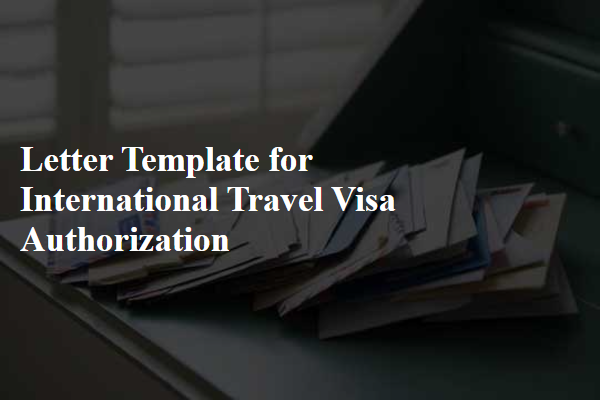
Personal Identification (Full Name, Date of Birth, Passport Number)
Visa authorization for international travel requires precise personal identification details. Full Name serves as the primary identifier on documents, complemented by Date of Birth which helps verify age and identity. Passport Number, a unique identifier for each individual's passport, ensures that travel arrangements and legal entry into foreign nations are accurately recorded. Accurate information is essential to prevent delays or complications during the visa application process, particularly for countries with stringent entry requirements, such as the United States and Schengen Area nations. Always ensure that all provided details exactly match the passport to avoid discrepancies that could hinder the travel experience.
Purpose of Travel (Business, Tourism, Education)
International travel for business purposes often requires a specific visa authorization to facilitate meetings, conferences, or negotiations in foreign countries. Many nations, such as Germany (Schengen Visa), China (M Visa), or the United States (B1 Visa), have specific policies governing business travel, allowing for up to 90 days of stay for transactions and partnerships. Document preparation is crucial, typically requiring an invitation letter from a business partner, proof of accommodation, and financial support evidence, with processing times varying from a few days to several weeks. Understanding the regulations and application procedure for each destination is essential for a successful travel experience.
Travel Itinerary (Dates, Destinations, Duration)
Creating a comprehensive travel itinerary is crucial for obtaining an international travel visa authorization. The itinerary should outline specific travel dates, destinations, and duration of stay in each location to provide a clear overview to visa authorities. For instance, a traveler planning to visit Italy might detail their itinerary like this: Arrival in Rome on June 1, 2024, for a duration of 5 days, followed by a train journey to Florence from June 6 to June 8, and concluding the trip in Venice from June 9 to June 12. Including well-defined dates, specific cities, and travel durations helps visa officials assess the purpose and logistics of the trip, ensuring that all requirements for entry into the Schengen Area are met.
Financial Proof (Bank Statements, Sponsorship Details)
When applying for an international travel visa, financial proof is a crucial component that exhibits an applicant's capability to sustain themselves during their stay. A bank statement, typically covering the last three to six months, reveals an individual's financial transactions and current balance, ensuring that it meets the minimum requirements set by the visa-issuing authority. Additionally, sponsorship details can provide an alternative means of support. A sponsorship letter from a resident or citizen in the destination country, outlining their willingness to cover expenses, can significantly bolster an application. This document must also include proof of the sponsor's financial ability, such as their own bank statements, employment verification, or tax documents, to demonstrate they can comfortably assist the traveler.
Contact Information (Applicant's Details, Embassy/Consulate Details)
For international travel visa authorization, applicants must provide essential contact information including their full name, residential address, email address, and phone number to ensure clear communication with authorities. Additionally, the details of the relevant embassy or consulate must be included, such as the office's official name, physical address (including city and country), and designated contact number, enabling efficient processing of visa applications. Proper documentation ensures compliance with international travel regulations and facilitates smoother interactions between applicants and diplomatic entities.

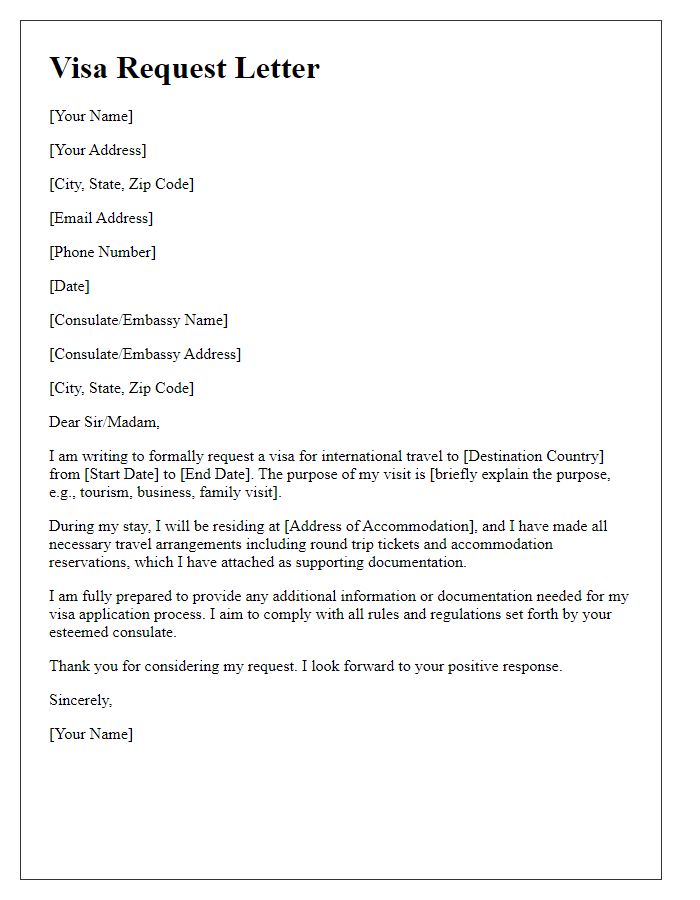
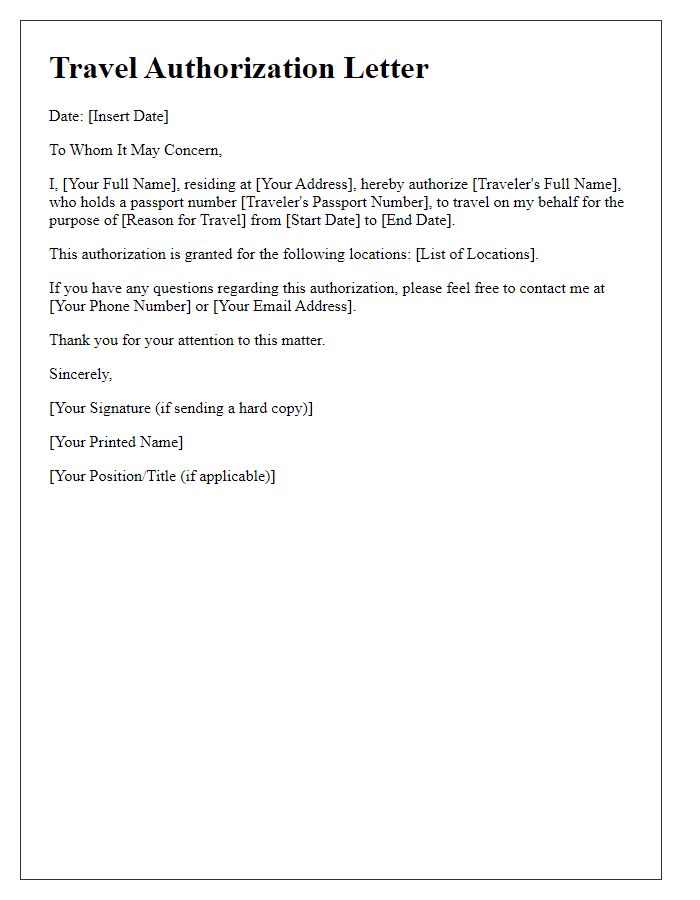
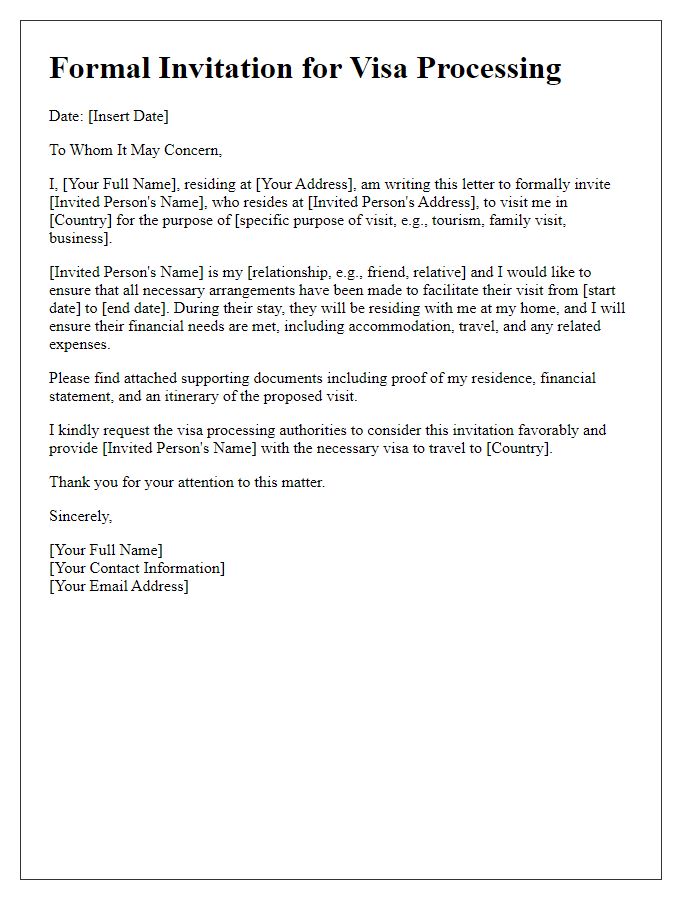
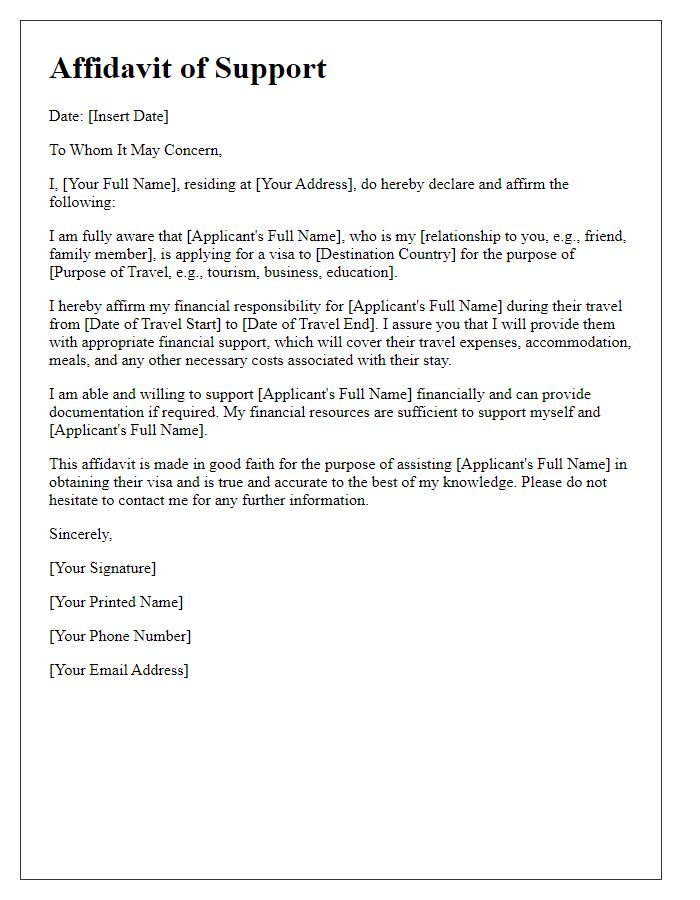
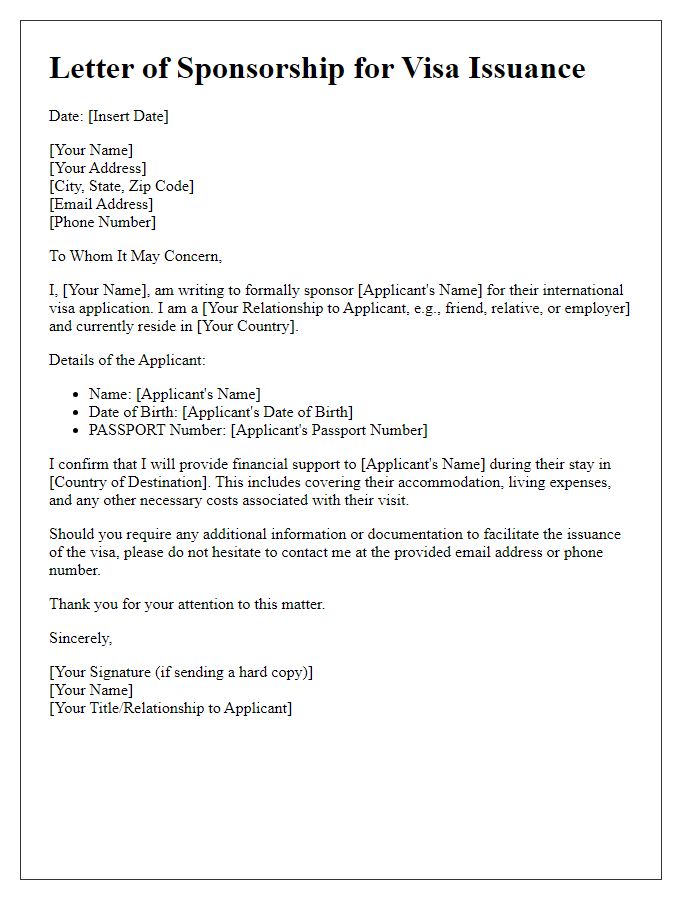
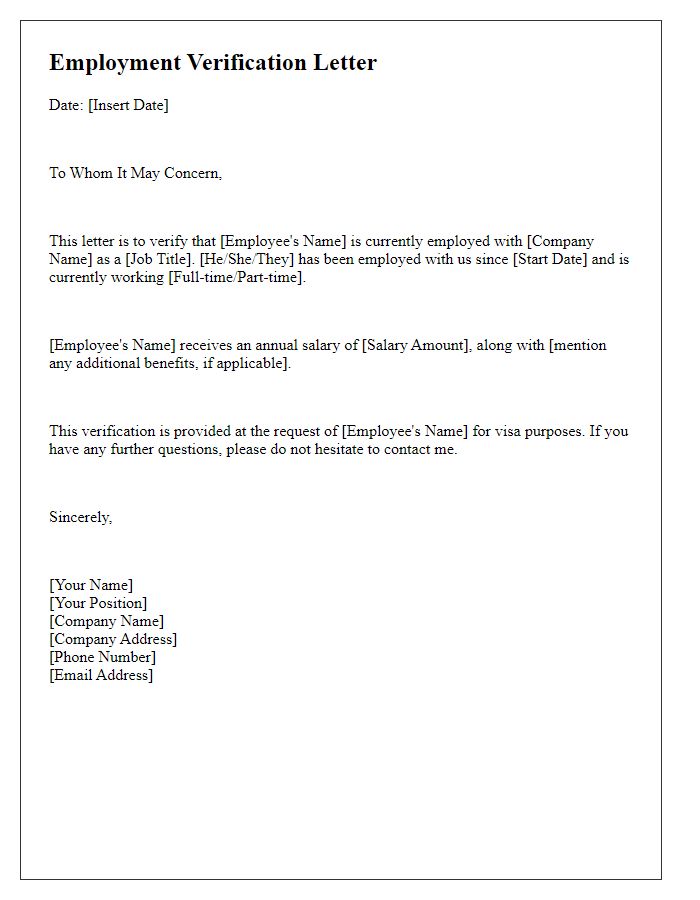
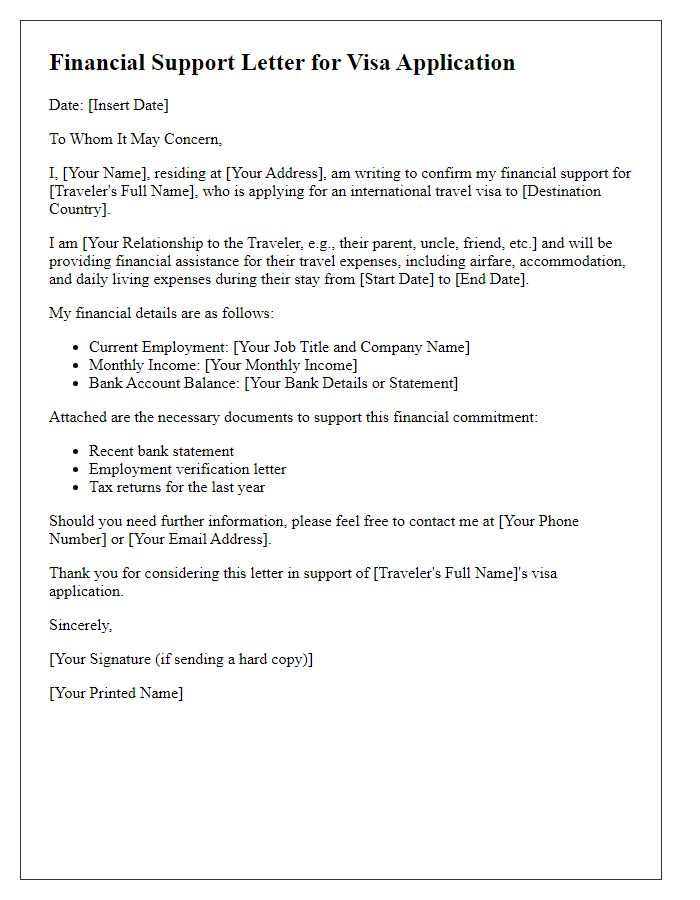
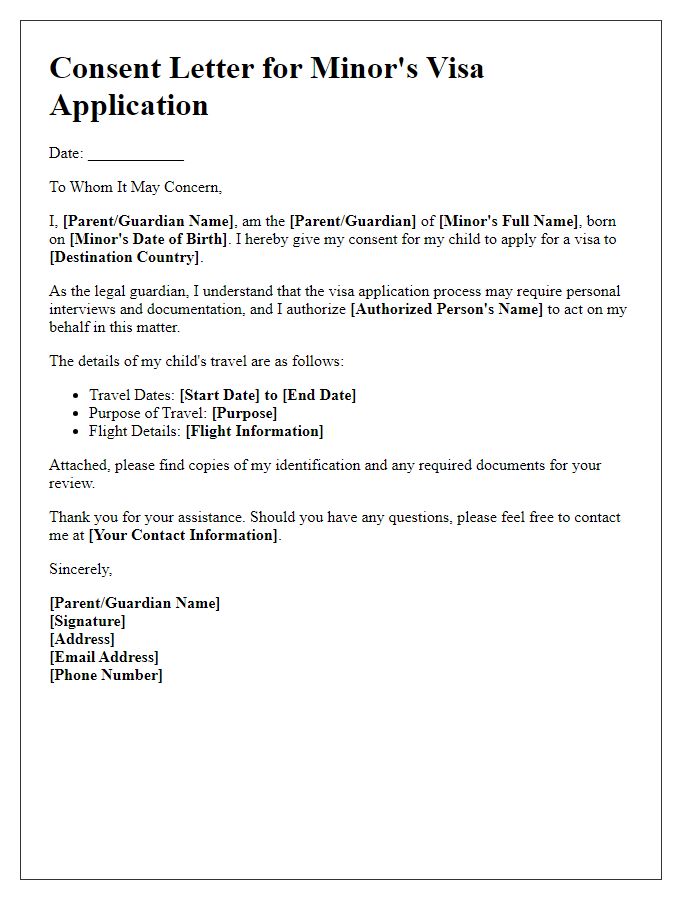
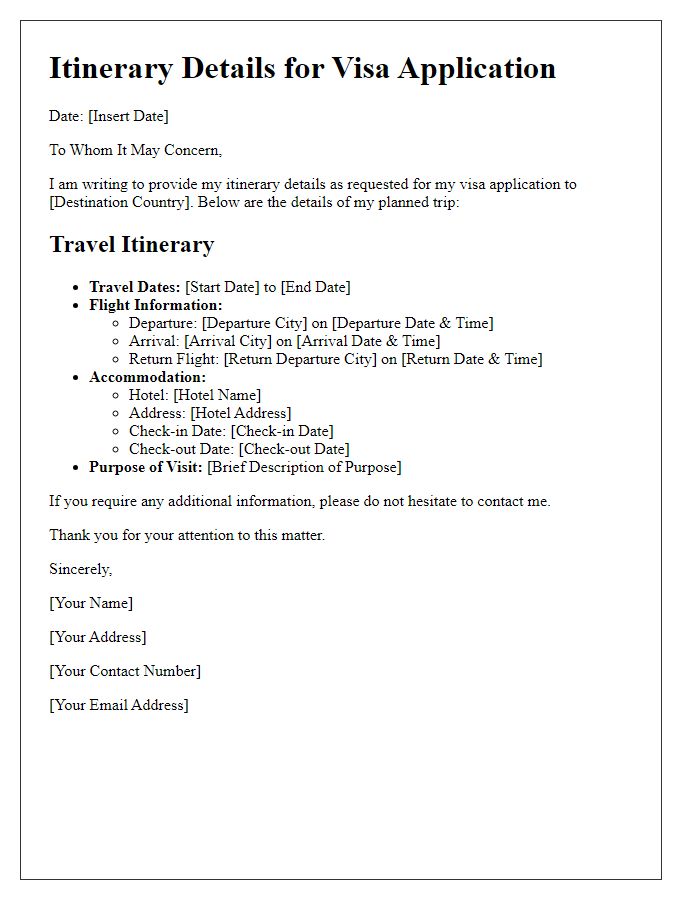
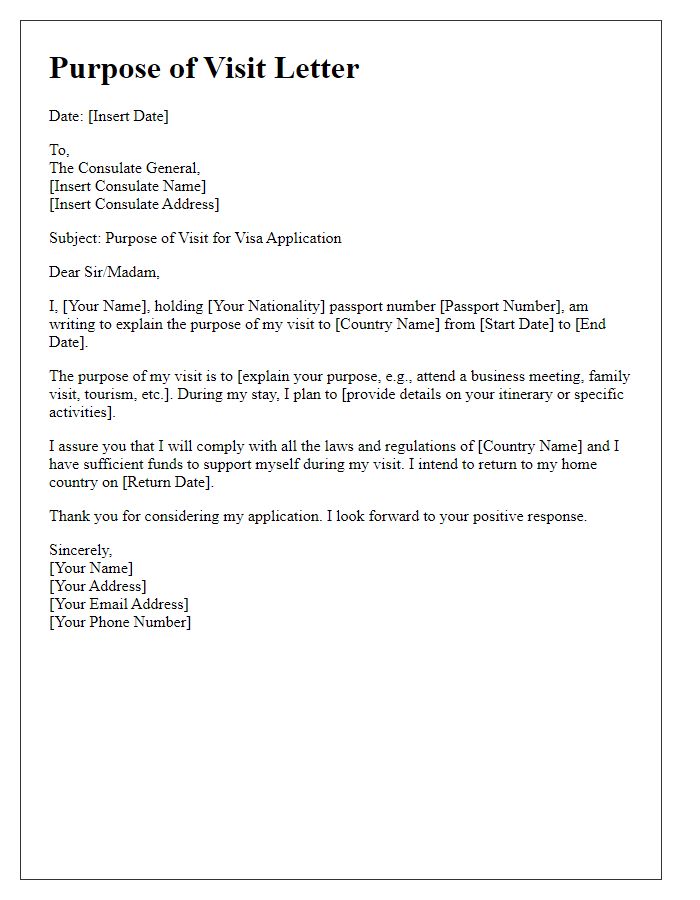

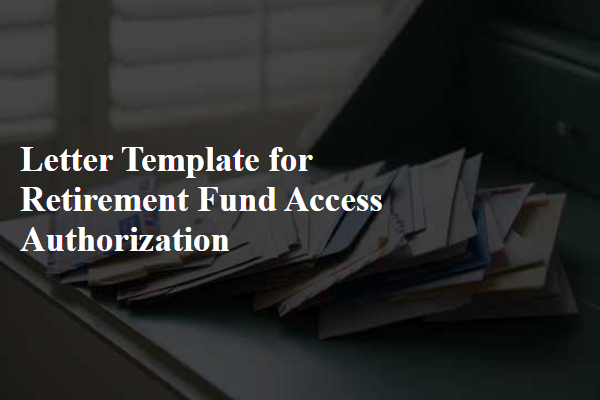
Comments